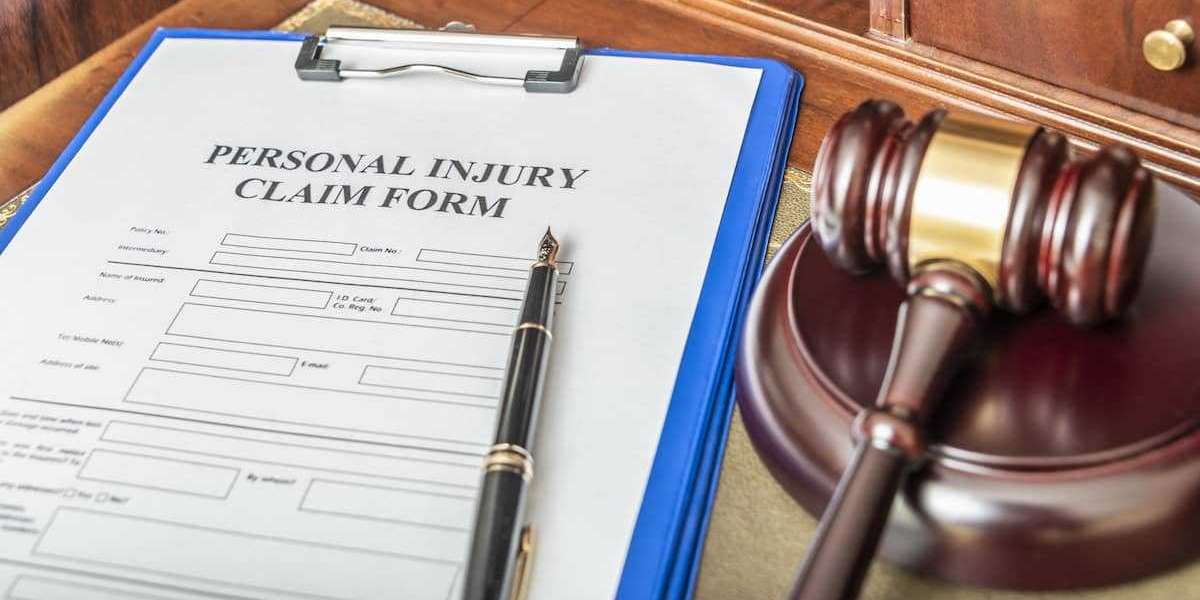Personal injury claims can arise from varied situations, including car accidents, slip and fall cases, medical malpractice, etc. While many personal injury cases are settled outside of court, some may end up going to trial. Going to court can be a stressful and overwhelming experience, especially for those who have never been through the legal system before. We will discuss in this blog what happens when a personal injury claim goes to court and how a Texas personal injury attorney can help.
Introduction: Personal Injury Claims and the Legal Process
Before diving into the intricacies of personal injury trials, let's briefly discuss personal injury cases and their purpose. Personal injury claims are legal disputes that result from one individual suffering harm due to another person or entity's negligence. When someone is injured in an accident due to someone else's negligence, they can file a personal injury lawsuit to seek compensation for their losses, including medical bills, lost wages, and pain and suffering.
Now that we've covered the basics. Let's delve into the step-by-step process of what happens when these cases go to court.
The Steps Involved in a Personal Injury Lawsuit
Filing a complaint:
The first step in a personal injury lawsuit is filing a complaint. The plaintiff (the person bringing the lawsuit) will file a document with the court outlining the details of the accident or incident, the injuries sustained, and the damages sought. The defendant will then have a certain amount of time to respond to the complaint.
Discovery:
Discovery is the process by which both sides gather evidence and information about the case. It can include interrogatories (written questions that must be answered under oath), requests for production (requests for documents or other physical evidence), and depositions (oral statements made under oath). A Houston personal injury attorney can help with the discovery process by ensuring that all relevant evidence is collected and properly analyzed.
Mediation and settlement:
Before a case goes to trial, there may be attempts to settle the case outside of court. It can be done through mediation, where a neutral third party helps the parties come to a mutually agreeable settlement. A personal injury attorney can represent the plaintiff during mediation and negotiate for a fair settlement. If a settlement is reached, the case will be dismissed, and the parties will agree to the terms of the settlement.
Trial:
The case will go to trial if a settlement can't be reached. Both sides will present their evidence and arguments to a judge or jury during the trial. A personal injury lawyer in Humble can help prepare for trial by gathering and analyzing evidence, researching relevant laws and legal precedents, and developing a persuasive argument.
Verdict and appeal:
After the trial, the judge or jury will render a verdict. If the plaintiff wins, the defendant may be ordered to pay damages to the plaintiff. If the defendant wins, the case will be dismissed. If either party is dissatisfied with the verdict, they may have the option to appeal the decision to a higher court.
Conclusion
While going to court can be daunting, plaintiffs can confidently navigate the legal system with the help of an attorney. From filing a complaint to preparing for a trial, an attorney can provide valuable legal guidance and support. If you have been injured in an accident or incident, divulging with a personal injury lawyer is imperative to determine your legal rights and options. You can seek justice and compensation for your injuries and losses with the right legal representation.








